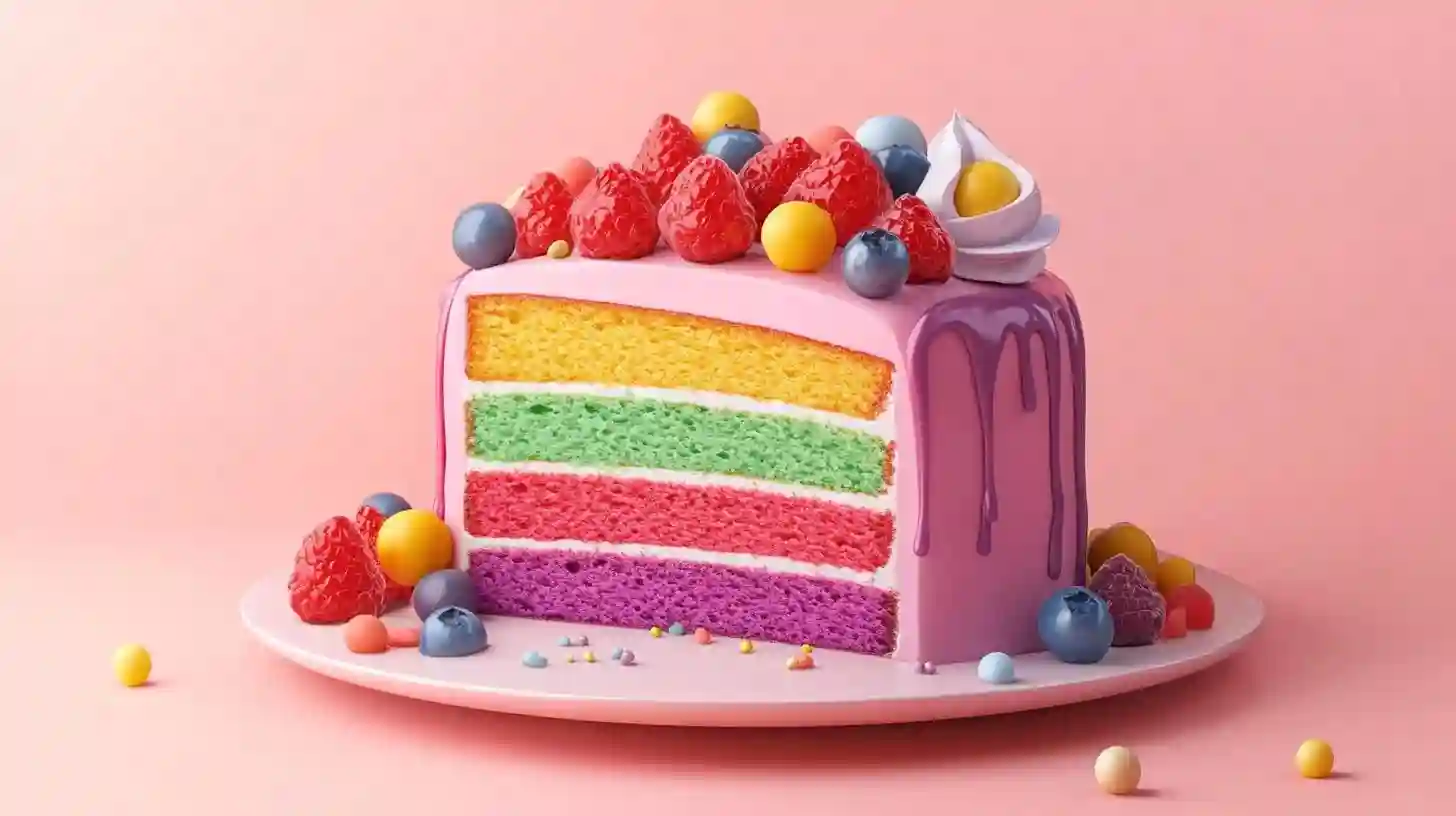
Cakes have been a beloved culinary delight for centuries, capturing our hearts and taste buds in myriad forms. The history and intricacy of cakes reveal a world of fascinating facts that are sure to pique anyone's interest. For starters, the origins of cake can be traced back to ancient civilizations where the term "cake" originally denoted a flat bread made from grains and honey, a far cry from the sweet, layered treats we enjoy today. The ancient Egyptians are credited with developing some of the earliest forms of cake, incorporating nuts and honey into their mixtures, which were then baked in circular shapes to symbolize the cyclical nature of life.
Fast forward through time to the Middle Ages, when cakes began to evolve considerably. They transitioned from simple bread-like substances to more elaborate desserts thanks to the introduction of refined sugar, a luxury item at the time. It was during this period that fruit, spices, and even wine found their way into cake recipes, leading to the more complex flavors we now associate with cakes. The medieval period saw the invention of fruitcakes, which were often made with dried fruits and nuts, serving special occasions and long-lasting in nature, symbolizing prosperity and good fortune.
The development of cake as we know it today truly accelerated in the 19th century with the advent of baking powder. This revolutionary ingredient simplified the process of leavening, allowing home bakers to create lighter and fluffier cakes with ease. The celebration of birthdays with the beloved cake tradition began in Germany in the early 18th century, where cakes became a centerpiece in the festivities, often adorned with elaborate decorations. Children’s birthdays were particularly marked by specially made cakes, leading to the tradition of blowing out candles, which is thought to symbolize making a wish for the year ahead.
As cakes gained popularity, different cultures added their own unique twists. In Japan, for example, the sponge cake known as "Castella" showcases a soft and airy texture, reflecting the Japanese aesthetic of simplicity and elegance. In contrast, the rich and sumptuous Black Forest cake hails from Germany, featuring layers of chocolate sponge, whipped cream, and cherries that delight the taste buds and appeal to the eyes. Each culture’s interpretation of cake offers a glimpse into their culinary preferences and local ingredients, creating a beautiful tapestry of flavors and textures.
Moreover, cakes have significant social and political implications throughout history. During times of celebration like weddings, treaties, and even royal coronations, cakes have been intricately tied to important events, reinforcing their role as symbols of unity and festivity. The wedding cake, in particular, has evolved into a multi-tiered marvel, often adorned with intricate designs and figurines that reflect the couple’s personalities. In the Victorian era, the tradition of saving the top tier for the first child’s christening emerged, showcasing how customs can transcend generations.
While cake remains a staple of celebrations, its role in modern culinary practices has transformed with the rise of social media. Platforms like Instagram and Pinterest have given rise to a new wave of creativity, where home bakers and professional pastry chefs alike showcase stunning cake designs. The trend of "naked cakes," which display their layers without frosting, highlights the raw beauty of ingredients and artistry involved in cake-making. Additionally, the popularity of vegan and gluten-free cakes demonstrates an evolving understanding of dietary restrictions, as bakers experiment with alternative ingredients to ensure everyone can enjoy a slice.
Notably, cake also plays a role in almost every cultural festival worldwide. From the King Cake of Mardi Gras to the Mooncake of the Mid-Autumn Festival, cakes serve to bring people together, signifying celebration and community spirit. These confections often tell stories and carry traditions, bridging generations and fostering connections through shared culinary experiences.
Interestingly, scientists have even studied the psychology behind our affection for cake. It is noted that the act of eating cake can evoke feelings of nostalgia, joy, and comforting pleasure. This emotional connection often leads us to indulge in cake during significant life events, reinforcing its status as a symbol of celebration, comfort, and love.
Though cakes are delightful in their own right, they also encapsulate a rich history filled with evolution, cultural significance, and emotional resonance, making them much more than just a dessert. From ancient Egypt to modern bakeries, cake continues to capture our imaginations and taste buds, ensuring its place as a cherished treat for generations to come.